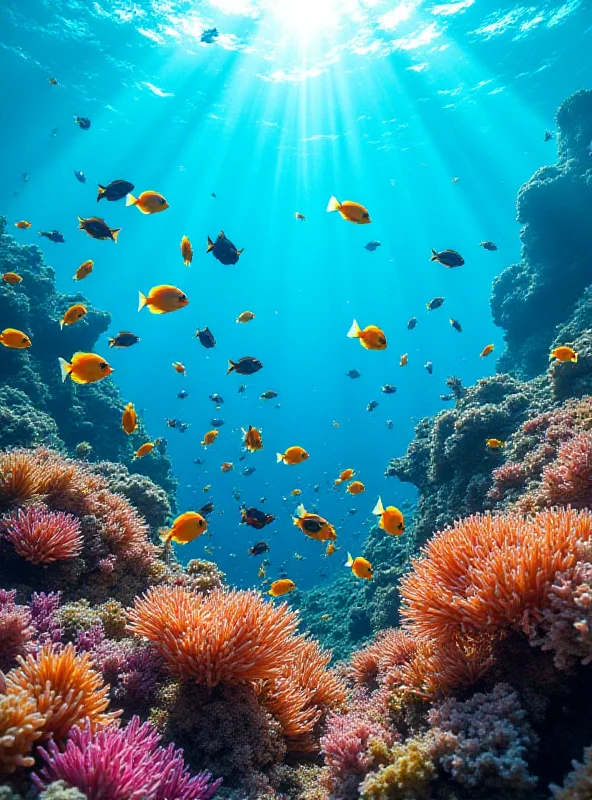Europe is experiencing a dramatic increase in predator populations, sparking a search for ways for humans and wildlife to coexist peacefully. This comes as scientists also grapple with conflicting data regarding the future of the Gulf Stream and ongoing challenges to biodiversity protection efforts. The situation is complex, demanding innovative solutions and a renewed commitment to environmental stewardship.
Predator Populations on the Rise
Across Europe, the numbers of predators are climbing, presenting both opportunities and challenges. While the resurgence of species like wolves and bears can be seen as a positive sign of ecosystem recovery, it also raises concerns about potential conflicts with human activities, especially in rural areas. Scientists are actively seeking strategies to mitigate these conflicts, exploring methods like livestock protection measures and community engagement programs. A UN conference in Rome is slated to address these issues, seeking to find a compromise for coexistence.

“Finding a balance is crucial,” says Dr. Anya Sharma, a leading wildlife biologist. “We need to understand the needs of both humans and predators to create sustainable solutions that benefit everyone.”
Gulf Stream Stability: A Continuing Debate
The North Atlantic Current, often referred to as the Gulf Stream, plays a vital role in regulating Europe's climate, providing the continent with its relatively mild temperatures. Fears have been growing that climate change could trigger a collapse of this crucial current, leading to drastic temperature drops across Europe. However, a new study challenges this doomsday scenario. While acknowledging the ongoing risks posed by climate change, the study suggests that a complete collapse of the Gulf Stream within this century is unlikely.
This doesn't mean the danger is over. Experts continue to monitor the situation closely, emphasizing the need for continued efforts to reduce greenhouse gas emissions and mitigate the impacts of climate change. Even a partial weakening of the Gulf Stream could have significant consequences for Europe's climate and ecosystems.
Biodiversity Under Threat: COP16 in Rome
The COP16 negotiations on biodiversity recently resumed in Rome, bringing together scientists, policymakers, and stakeholders from around the world. The goal: to address the alarming rate of biodiversity loss and implement effective strategies for nature protection. However, progress has been slow, and some scientists have expressed their frustration with the setbacks and the influence of lobbying groups that prioritize economic interests over environmental conservation.

“It’s astonishing to see the denial of the biodiversity crisis,” said one scientist attending the conference. “We need to stand firm and ensure that science, not special interests, guides our decisions.”
The fight to protect biodiversity is far from over. Despite the challenges, scientists and conservationists remain committed to advocating for policies and actions that will safeguard the planet's precious natural heritage. The future of biodiversity depends on a collective effort to prioritize nature protection and challenge the forces that threaten it.

The convergence of these issues – rising predator populations, the uncertain future of the Gulf Stream, and the ongoing fight for biodiversity – highlights the interconnectedness of environmental challenges. Addressing these issues requires a holistic approach, one that recognizes the importance of scientific research, policy innovation, and public engagement.
